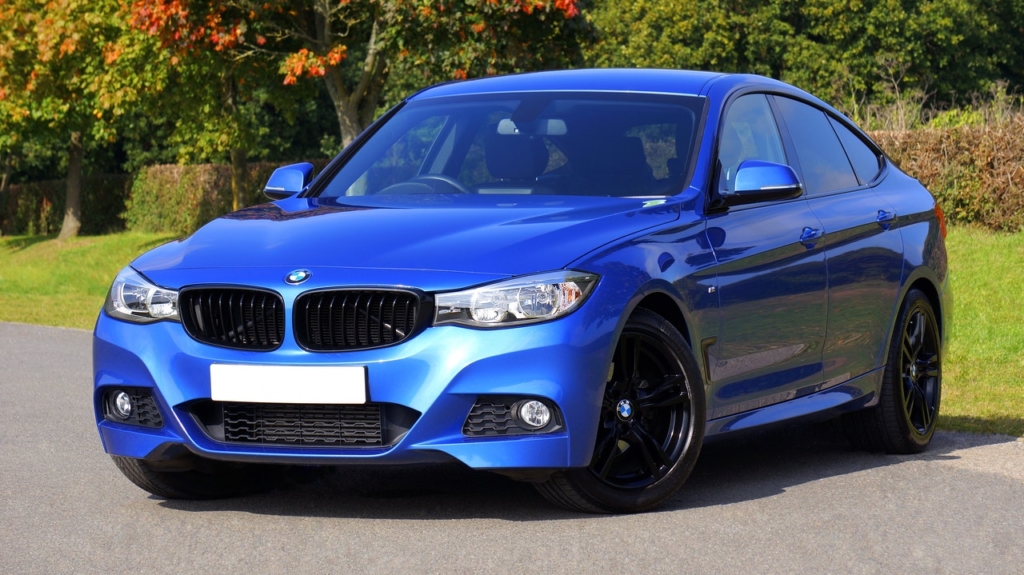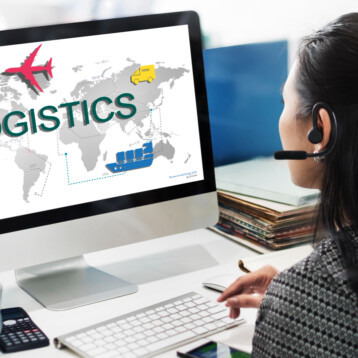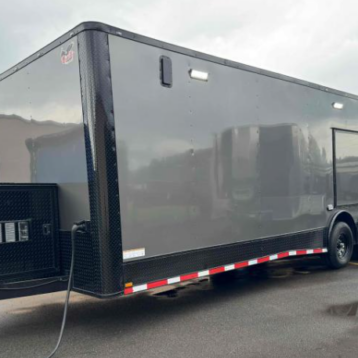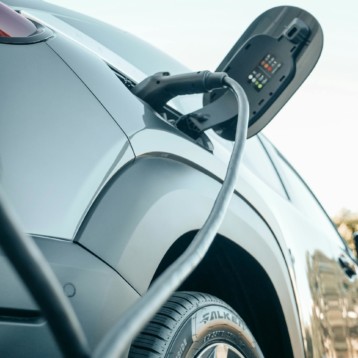We all know that when you drive a brand new car off the* forecourt, it can lose anywhere from 15% to 30% of its value. Most car buyers take this loss as the experience of driving a car that hasn’t been driven before is alluring, and if you have the money to spend on a brand new car, then why not!

However, when you look at this from a business point of view, it is a more serious decision that needs a little more thought than ‘can I afford a brand new car’. From the depreciation point alone, investing company funds to own your cars doesn’t look like the best option to take, especially when you consider that you have put a lot of money, time and effort into setting up your company. Why would you want to throw money away on buying a company car outright essentially?
There are many pros and cons when considering adding company cars to your business. You are left with a big decision that needs answering, and that is ‘should you lease or buy your company vehicles?’ Let’s have a look to determine which of these options could benefit you and your company.
How many miles will you be d*riving?
Leasing a company car will have restrictions on how many miles you can drive in the time you own the car. If you are expecting to be doing a lot of miles over the course of the year, then it is definitely worth considering purchasing a vehicle outright. Most leasing agreements require you to drive under 12,000 miles per year. This equates to around 1,000 miles per month.
So if you have an agreement to lease a car for 3years, then you will be expected to have less than 36,000 miles on the clock when you hand it back. OIf this figure goes over the agreed mileage, then you may be subject to a mileage charge. In certain cases, it may be you can get up this number. However, you will rarely be able to go over 15,000 miles on your initial agreement.
If you plan on driving up and down the country to spend a lot of time on the road, then leasing your company might not be the best option for you.
Can you afford it?
Once you own the car or cars for your company, you will then be liable for the car’s upkeep. This involves regular services and maintenance checks along with repairs either from wear and tear or an accident, wheels and tyre packages to make sure the car is roadworthy along with bodywork the car may need over time. Your company car reflects who you are as a company and how you present yourself, so allowing cars you own to fall into disrepair or look worn and old can reflect badly on your company.
Compared to leasing a company car, you will need to find the funds upfront to buy the cars. Alternatively, you don’t need to find as great a lump sum upfront for leasing, and payments will eat into your line of credit and tie up funds each month that you could allocate to other areas of the business. In many cases, regular servicing is included in your agreement meaning you don’t have to worry about this aspect of owning a vehicle.
How long do you want the car for?
If you plan on keeping the car for as long as possible, then owning your company vehicle outright can save you money in the long run. After a few years, depreciation on vehicles stabilises, and the car will hold its value the longer you have it.
However, after regular upgrades to newer cars every few years, leasing a car will allow you to swap your company vehicle after a few years, usually three. You can give the car back and then lease a newer model once your initial lease agreement is up.
Looking after the car
Over the course of general use, cars can be damaged in the easiest ways no matter how many precautions you take. From car park dings denting and scratching the doors to accidental scuffs on paintwork, keeping your car in pristine condition is only possible when you don’t use it, and it is stored somewhere away from life safety.
The same can be said for the interior. When you lease a car, there are conditions you need to upkeep and have the car in for when you hand it back. If the standards aren’t met, you could find yourself with a bill to fix anything the leasing company isn’t happy with. In this case, it is best to take pictures as soon as you sign your contract to identify any issues before you drive away and ensure you are maintaining the standards no matter who drives the car during the time the car is in your care.
Sometimes, it is easier to own the car outright, especially if you know the car may be damaged during your line of work. This way, you can take care of any problems in your time and remove some of the worries of having to hand back a damaged car.
Can you use a leased car for your business?
If you are a delivery company or looking at the taxi industry, for example, it may not be possible to lease a car for this purpose. Always check with the leasing company before signing for your lease to limit what the car can and can’t be used for.
Also, check any restrictions over drivers ages, license type and other stipulations that may affect who can and can’t use your car—for example, driving convictions, new drivers or those who are under a certain age.
There will always be pros and cons to buying a car outright for your company for leasing one instead. Knowing the facts before you decide will help you decide on what is the best option for your company when it comes to adding company cars to your business.










